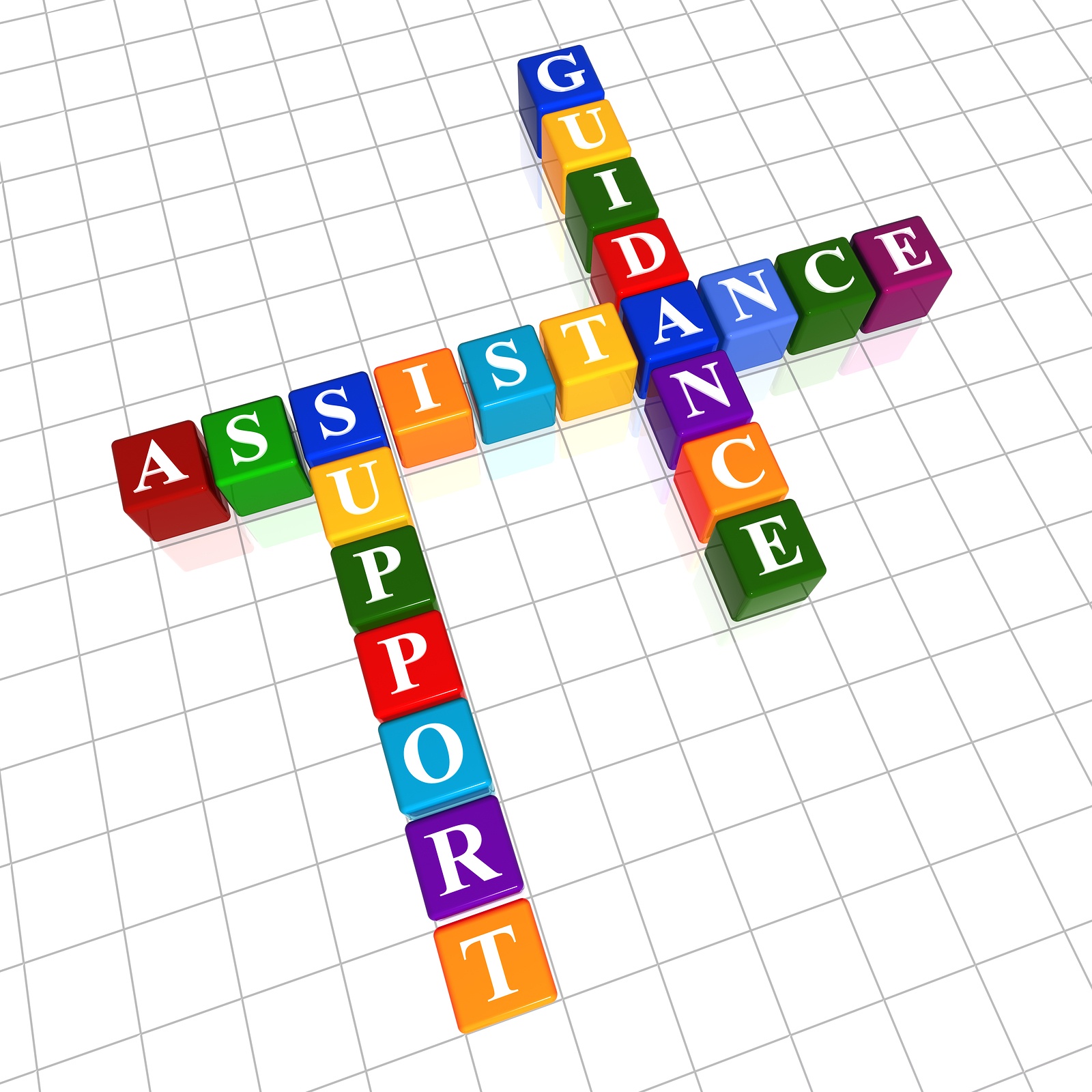Property owners/taxpayers in the State of Georgia have several reasons to rejoice with the approval of House Bill 202 (HB 202). Once it went into effect on January 1, 2016, the bill introduced several sweeping changes in the Fulton County property tax appeal process – and for other counties, for that matter – including the right to make recordings of the hearings and interviews related thereto.
Right to Record
Keep in mind that recordings of interviews and hearings can be used against the tax authorities in your appeal. You should then always keep a recording device handy whenever you are gathering evidence especially when you feel that the tax assessment staff is uninformed or combative.
Watch the Gwinnett Video Guide
Under HB 202, you are entitled to have an interview with a county employee or officer authorized to discuss the property assessments conducted by the Fulton County property tax assessors. Your right is related only to the valuation of the subject property as well as to its appeal, arbitration, and other related proceedings so keep your questions relevant.
You have to shoulder the expenses of the interview including the equipment, such as a portable recorder, to enforce your right. You can record all of the proceedings (i.e., hearings) before the Board of Equalization (BOE) and hearing officers, as well as the evidence-gathering process before the proceedings.
Refusal to Engage
The Fulton County property tax authorities particularly the county appraisers and assessors cannot refuse your request for an interview. You should, however, make a written request addressed to the Tax Assessor for it to push through in a timely manner. You should receive a reply to your request for the possible date and time of the interview, which should be within 30 calendar days from the postmark date on your request.
You must remember that the date and time should be mutually agreed between both parties. The interview itself must be conducted in the office of the Tax Assessor, and not in any other place for the interview to be admissible as part of evidence.














